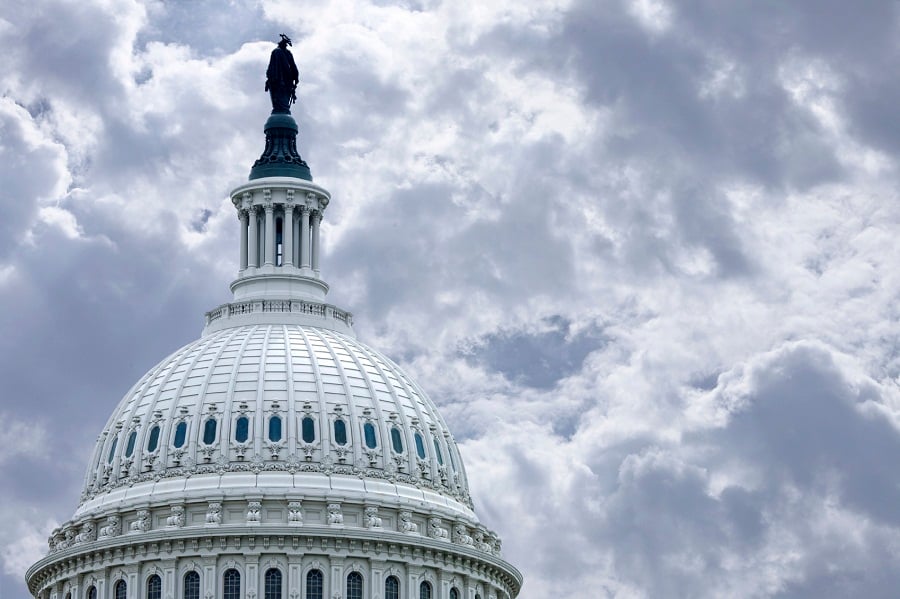

The Senate Finance Committee is set to take the next step in the chamber’s effort to put together retirement savings legislation.
On Friday, the panel released the outline of a comprehensive bill — the Enhancing American Retirement Now Act — it will take up Wednesday. During the so-called markup, lawmakers will consider amendments and then likely vote to advance the bill to the Senate floor.
The legislation is designed to help individuals build their retirement nest eggs, encourage employers to offer workplace plans, provide more flexibility to use retirement savings for emergency needs and modify taxation of retirement savings.
The Senate Finance Committee bill — along with retirement legislation approved last week by the Senate Health Education Labor and Pensions Committee — will form the Senate’s counterpart to SECURE 2.0, which the House passed with overwhelming bipartisan support in March.
The Finance bill incorporates some provisions of SECURE 2.0, as well as some from other Senate legislation, such a bill introduced by Sens. Rob Portman, R-Ohio, and Ben Cardin, D-Md.
Raising the required minimum distribution age from 72 to 75, increasing catch-up contributions for people between 60 and 63, allowing employers to match student-loan payments with retirement-plan contributions, enabling workers to withdraw emergency funds from plans, establishing 403(b) multiple employer plans and implementing 401(k) starter plans are among the key provisions of the 70 that are highlighted in a summary.
Senate Finance Committee Chairman Ron Wyden, D-Ore., emphasized the parts of the bill that would help workers who struggle to save for retirement and may have to rely solely on Social Security.
“Americans deserve dignified retirements after decades of hard work, and our bill is an important step forward,” Wyden said in a statement. “In particular, I’m proud that we are making significant progress for millions of low- and middle-income workers, who are far less likely to have adequate retirement savings. Under our reforms, many more workers would access resources for retirement and see meaningful federal retirement contributions year after year.”
During Tuesday’s markup, the committee will consider 21 amendments to the bill. One would implement restrictions on individual retirement accounts that contain more than $10 million. Another would essentially tack onto the legislation a bill recently introduced by Sen. Chuck Grassley, R-Ia., that would reduce investment taxes to protect gains against inflation. Another would require automatic enrollment for participants in new 401(k) and 403(b) plans.
Congress must enact retirement savings legislation by the conclusion of the congressional session at the end of the year. Otherwise, all the bills will die and would have to be reintroduced next year.

Integrated Partners is adding a mother-son tandem to its network in Missouri as Kestra onboards a father-son advisor duo from UBS.

Futures indicate stocks will build on Tuesday's rally.

Cost of living still tops concerns about negative impacts on personal finances

Financial advisors remain vital allies even as DIY investing grows

A trade deal would mean significant cut in tariffs but 'it wont be zero'.
RIAs face rising regulatory pressure in 2025. Forward-looking firms are responding with embedded technology, not more paperwork.
As inheritances are set to reshape client portfolios and next-gen heirs demand digital-first experiences, firms are retooling their wealth tech stacks and succession models in real time.
